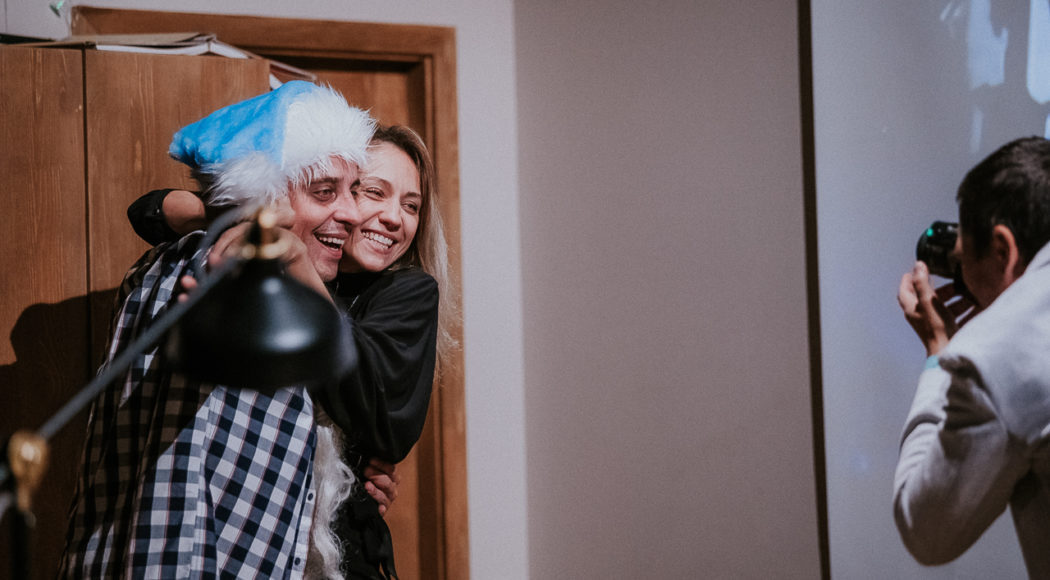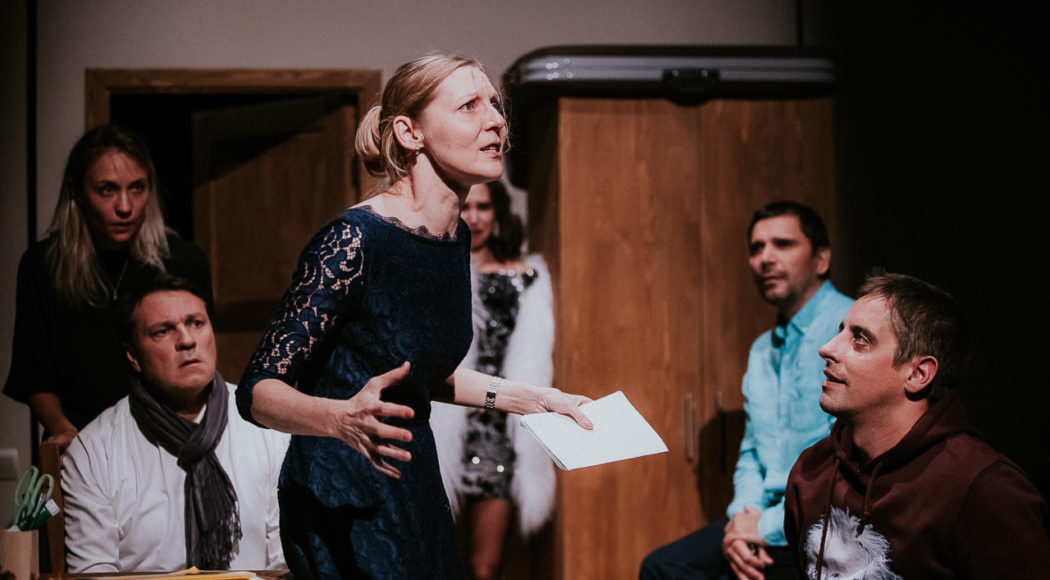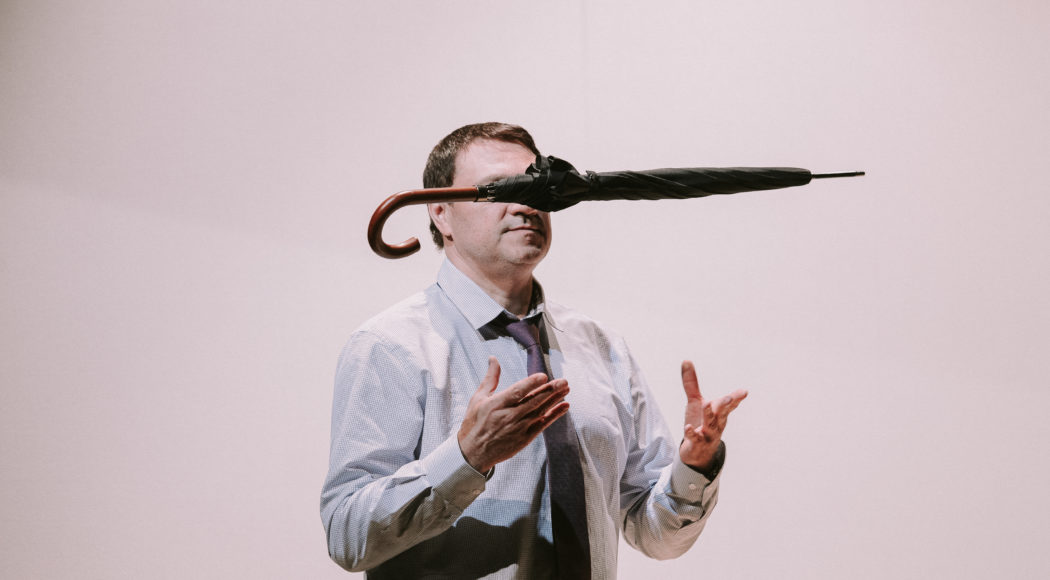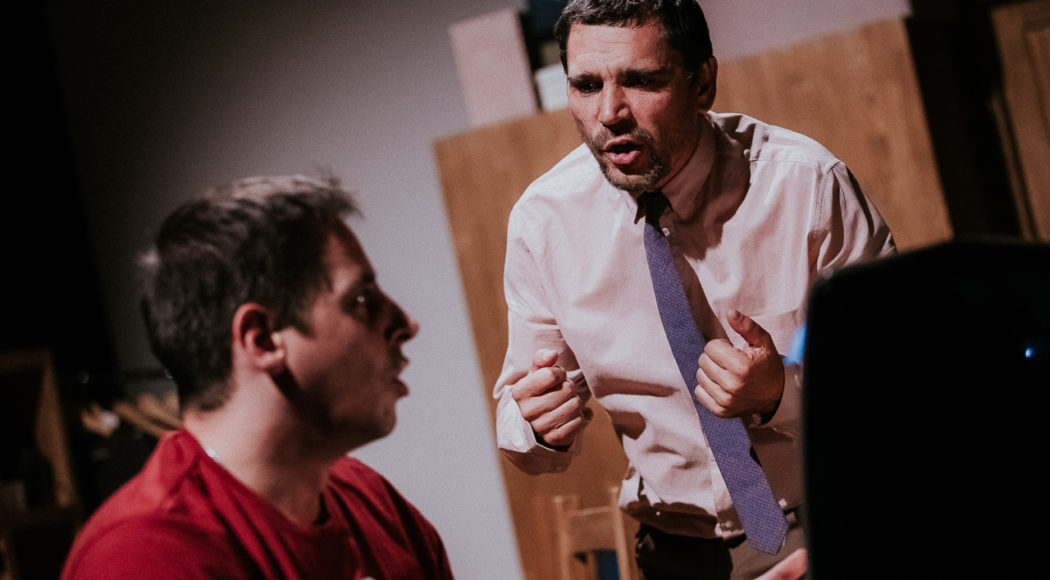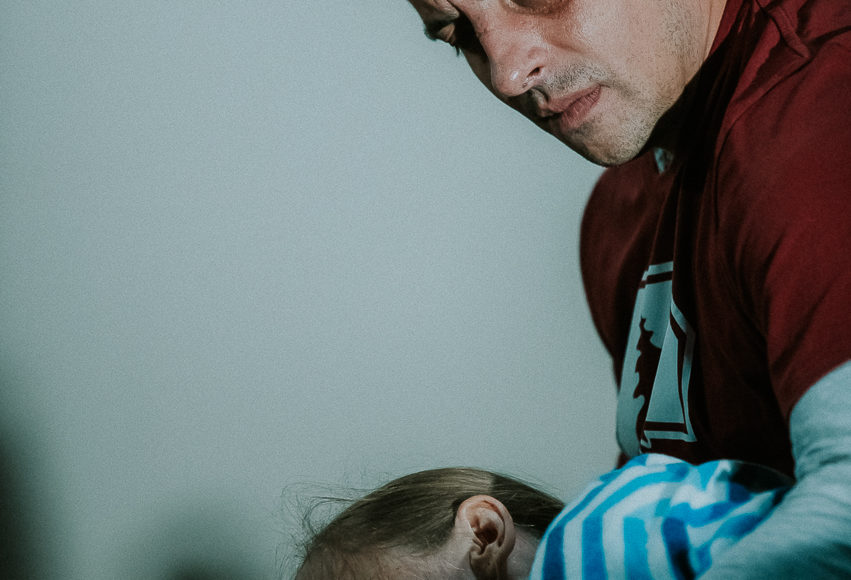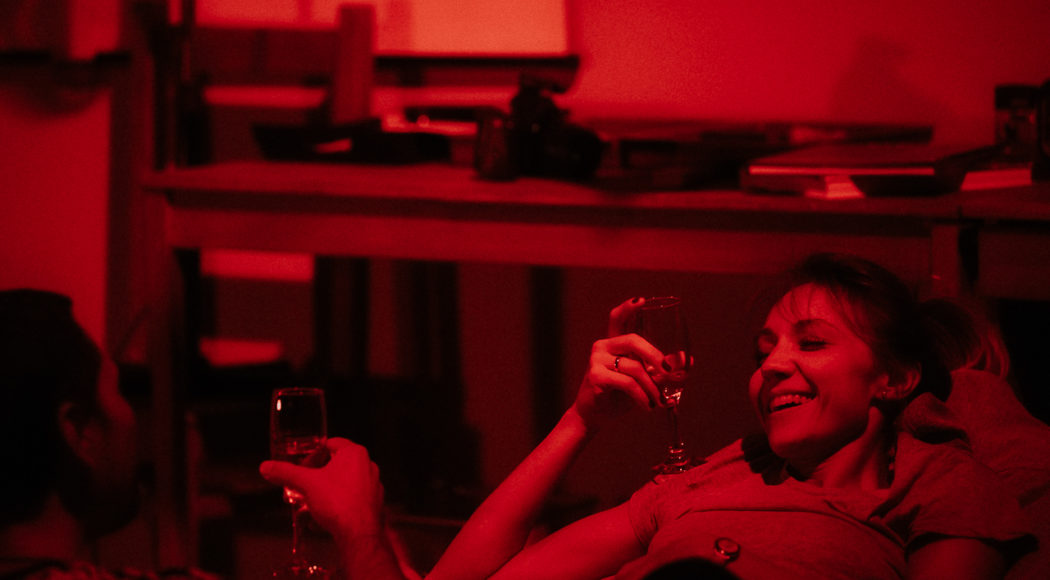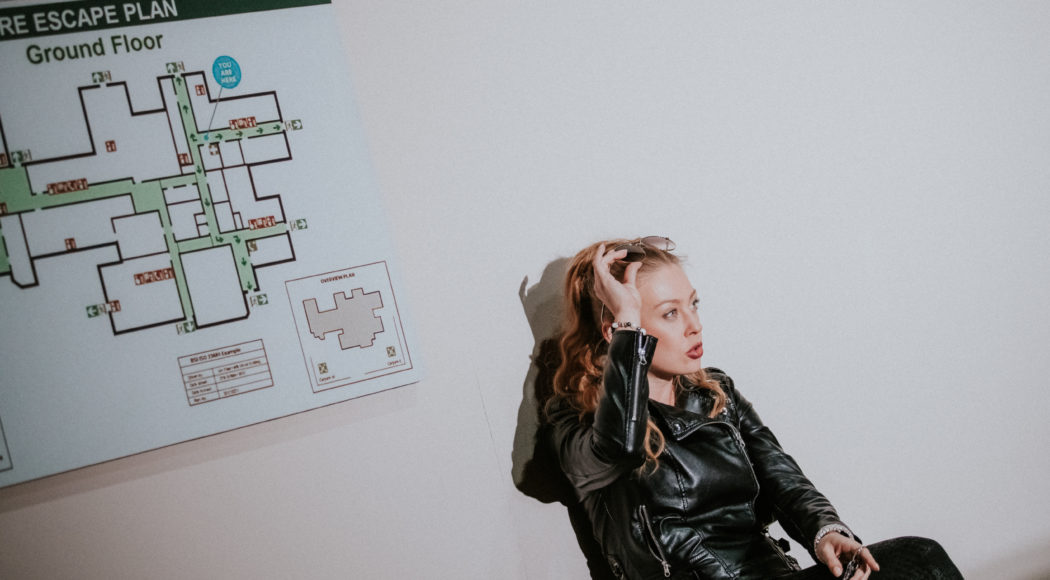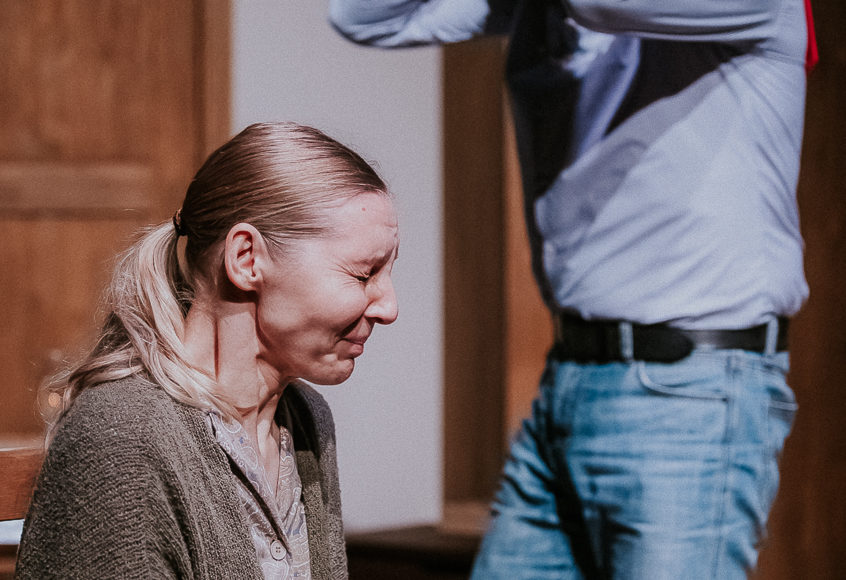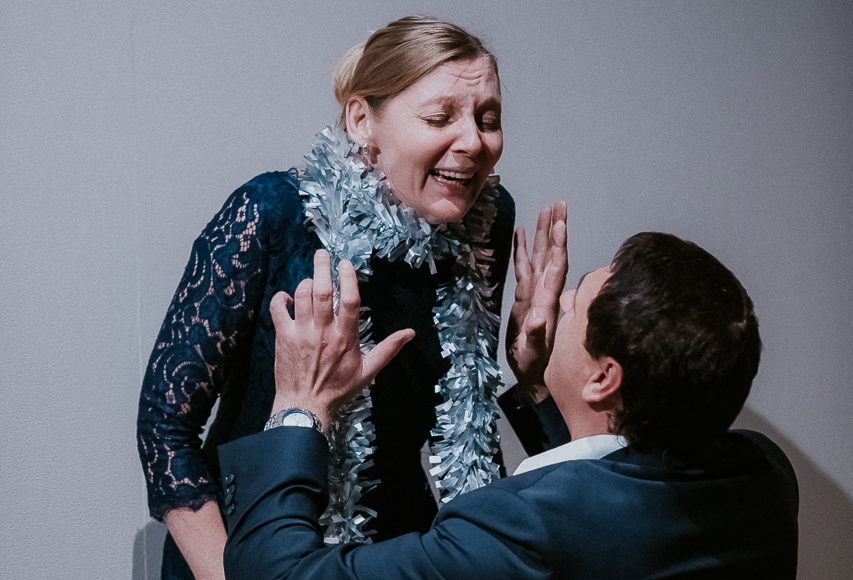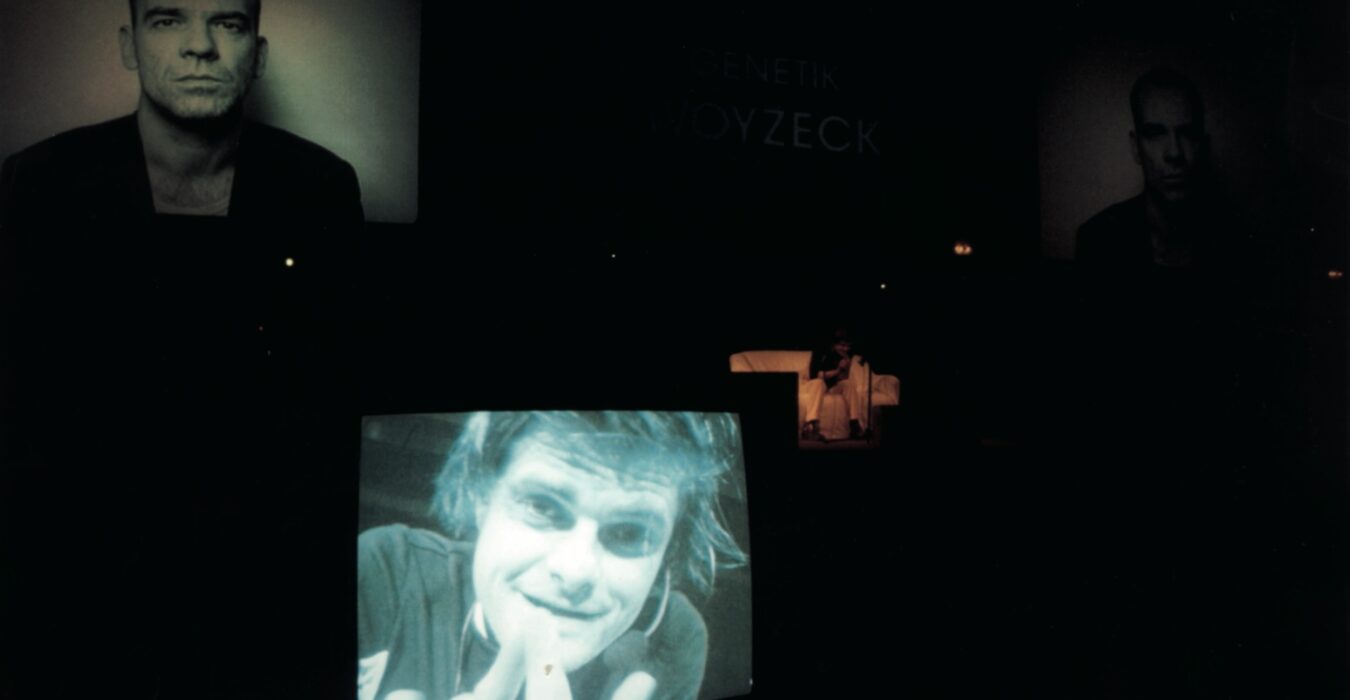Kinder der Sonne | Дети солнца
Maxim Gorki/Timofey Kuljabin/Teatr „Krasny Fakel“ (Rote Fackel)
На страницу с информацией на русском языке
What is the final past and what of the past is still relevant? That is the core question that these Siberian “children of the sun” are asking. It is often standing in the shadow of the more famous plays “Nachtasyl” and “Wassa Sheleznova”, but Timofey Kuljabin brings Gorki’s play into our near past. He transfers the scientist Protasov, his sister Lisa, who warns of the revolution, the rich widow Melanja and all the other characters to California – to the Russian expat millieu. Protasov is an IT expert here at an American elite university. Staying in his own filter bubble, he doesn’t take the family drama going on around him, nor the general fear of the millennium. What for Gorki was the fear of the coming 20th century and the revolution appearing on the horizon becomes for Kuljabin the fear of the new millennium. The turn of the year 1999/2000 is imminent and thus a turning point in recent Russian history. The New Year’s speech is no longer given by Boris Yeltsin, but by Vladimir Putin.
Timofey Kuljabin (born 1984) graduated from the Russian Academy of Theatre Arts (with Oleg Kudryashov) in 2007 and is today one of the leading Russian directors of his generation. He has already staged more than 20 performances. Since 2015 he has been the main director of the Novosibirsk theatre “Red Torch” – one of the best theatres in the Russian province. Here he directed more than 10 plays (“Macbeth” by W. Shakespeare, “Hedda Gabler” by H. Ibsen, “Onegin” by A. Pushkin, “KILL” after “Kabale und Liebe” by F. Schiller, “Drei Schwestern” by A. Chekhov, “Der Prozess” by F. Kafka etc.).
Since 2009 Kuljabin has also been active as an opera director. His opera “Tannhäuser” by Richard Wagner in 2014 was one of the most hotly debated art events in the country. In 2016 he directed the opera “Don Pasquale” by G. Donizetti and in 2019 “Rusalka” by A. Dvorzhak – both at the Bolshoi Theatre. In 2017 he directed “Rigoletto” by G. Verdi at the Wuppertal Opera House and “Am Kältepol” by Warlam Schalamow at the Residenztheater in Munich in 2018 and “Nora, oder ein Puppenheim” by Henrik Ibsen at the Schauspielhaus Zurich in 2018. Im Jahr 2019 inszenierte er auch “Ödipus Rex” von Igor Strawinsky im Opernhaus Wuppertal (Deutschland).
The Novosibirsk State Academic Theatre “Rote Fackel” was founded 100 years ago in Odessa. His ensemble is one of the leading theatre groups in Russia. Tours and festival invitations have taken the “Rote Fackel” theatre to numerous countries including Germany, Switzerland, Austria, France, Poland, Greece, Romania and Japan. Eight productions of the theatre “Rote Fackel” have been nominated for the National Theatre Award “The Golden Mask”. Kuljabin’s productions “Onegin” and “Three Sisters” won the prize.


